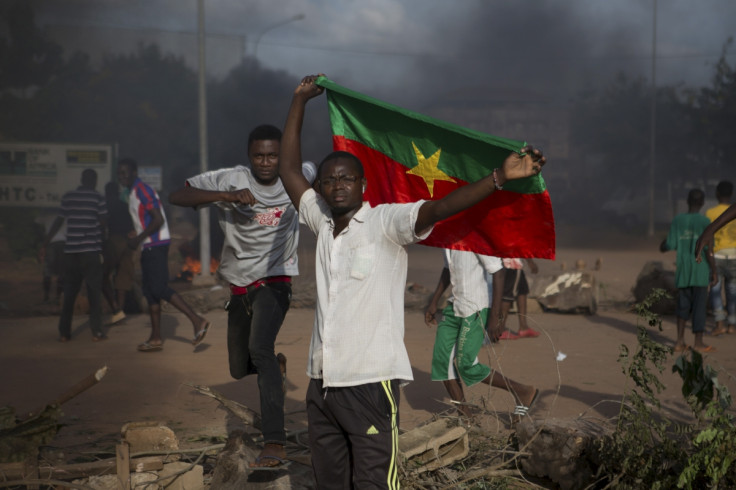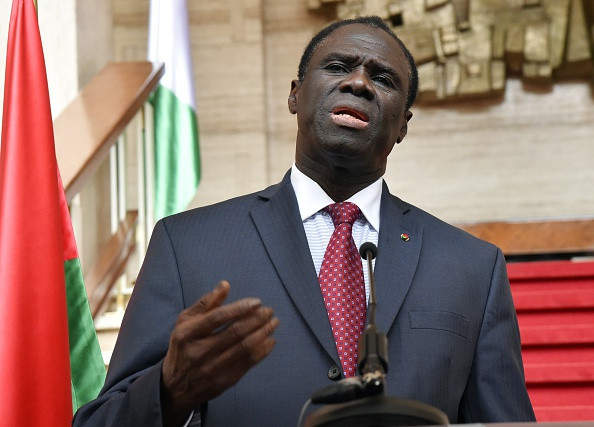Burkina Faso coup: Solution 'temporary' as people won't accept leaders loyal to Blaise Compaore

The solution to the crisis in Burkina Faso following a coup carried out by the presidential guard loyal to previous leader Blaise Compaore is only temporary and long-term strategies are needed to prevent further unrest, a UK-based intelligence company has warned.
The coup was carried out by the Régiment de Sécurité Présidentielle (RSP) loyal to Compaore, who was driven out in 2014 as he sought to amend the constitution to run in October 2015's presidential election. The guard detained interim president Michel Kafando, prime minister Yacouba Isaac Zida and two other ministers, and established a new National Democratic Council (NDC). General Gilbert Diendere, a former ally of Compaore, was appointed as its head.
Burkina Faso
Capital: Ouagadougou
Population: 16.9 million
Official language: French
Main religions: Islam, Christianity, Animism
Largest cities: Ouagadougou , Bobo-Dioulasso,
Koudougou , Ouahigouya , Banfora
Currency: West African Franc
It is believed the coup occurred in retaliation to the declaration of a commission, which suggested the disbanding of the RSP amid allegations members had fired on unarmed protesters during 2014 riots.
The presidential guard also said it was unhappy with the ban on candidates who were close to Compaore in the forthcoming October election. Rumours also spread that Compaore was behind the coup and the RSP tried to bring the former leader back to power.
Protesters descended to the streets calling for an end to the coup and the release of the hostages, and clashes between demonstrators and the RSP cause the death of at least 10 civilians.
Following days of talks to resolve the crisis, hosted in Nigeria's capital Abuja and chaired by the Economic Community of West African States (Ecowas), Kafando was reinstated as interim leader while the RSP was allowed to participate in the upcoming election, for which a date is now uncertain.
David Otto, CEO of UK-based global security provider TGS Intelligence Consultants, believes that as long as the RSP is in place, a peaceful and democratic transition of power might be undermined. He told IBTimes UK: "If the new leader is not close to the RSP, then he will have problems because he will not be able to work with the guard, which has now been stained by the coup."

Otto explained that the African Union (AU) and the United Nations acted quickly to resolve the crisis to prevent it from affecting the rest of the region, including neighbouring countries Mali and Niger, which are dealing with the insurgencies of Tuareg and Boko Haram respectively.
"However, AU and UN did not comment regarding the RSP," he added. "This means that the guard will not be disbanded as we speak and there is a very high possibility that people affiliated with the guard will take part in the election.
"We might have a situation where people might protest against whoever wins, if he is pro-Compaore, because it gives them a kind of reminiscence of the time when he was ruling. The RSP is the most powerful military regiment in the country and as long as it remains there, the country will have problems. The future of the country will now depend on the outcome of the election."
© Copyright IBTimes 2025. All rights reserved.





















